Amoxtli
Mind your business.
- 3.27K Posts
- 472 Comments
 1·3 days ago
1·3 days agoIn a liberal political system, how does that work without discrimination against other religions is a question. If they decide yay, does that mean Madrassas could be funded too? Or is this an anti-liberal decision on purpose that aligns closer to a nationalist agenda? Religion is important. It is the underpinning of people’s belief system. Without Christianity, there would be no liberalism.
Marriage wasn’t a sacred union. Christianity made marriage sacred. By making the sex partners exclusive to each other according to the teachings of Apostle Paul. Marriage was used as a political tool to bind with other clans or tribes. Marriages were arranged based on political and economical expediency, not based on love. Christianity by way of controlling who can marry dismantled the clan system by denying arranged marriages. As a result, it created the nuclear family that is seen today. The clan-based system was controlled by a powerful patriarch that could decide the fate of life and death of all those under his household, or property. Even today, the elders of the family control marriages according to what they believe is best in some parts of the world. Christianity gave young people the freedom to marry who they want. Nobody is forcing them to marry.

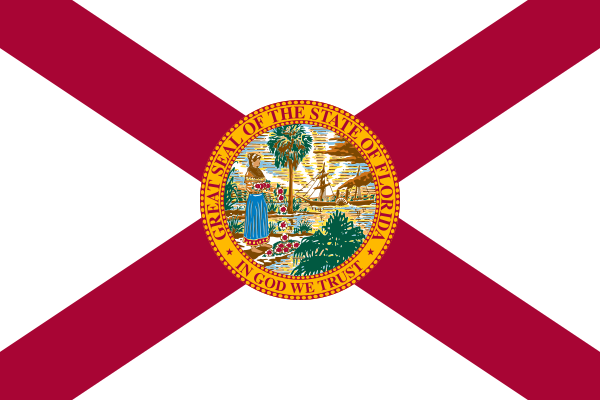 16·5 days ago
16·5 days agoBernie Sanders and Donald Trump are not serious candidates. They’re not going to make the country better, instead will introduce a whole set of other problems. These candidates gain power by votes as a form of protest. In a hypothetical, going to fascism from liberalism to communism does not improve the country in a weighted average, instead it will get worse. I have a hypothesis as to why democrats can’t dominate Florida. That is, tax and spend policies does not work in Florida. It is a low tax state, probably for good reason, because much of the state is in a hurricane zone. It has a semi-retirement atmosphere. You would be paying high taxes on top of housing costs if you implemented a New York style taxes. Florida style taxation is tax things that are tourist related, to keep taxes low for the rest of the locals.
I fail to see how Yahoo will make Chrome better. I guess in the name of competition.

 11·8 days ago
11·8 days agoSolar and wind have lower direct cost. When the wind does not blow, you get no electricity. When the sun does not shine, you get no energy. Nuclear power has the best capacity factor. It is the most reliable energy source. The indirect costs of solar and wind are their intermittency. Their intermittent issues cost money. For a company that promises to deliver electricity, and the wind does not blow? That cost money. If you have an abundance of electricity produced, and nowhere to send it, you lose money. In the case of California, they desperately jettison energy across to Arizona, while Californians pay for the expensive portion of solar energy. California has expensive electricity rates, on average double that of Texas, and has a greater percentage of energy produced from renewable sources than Texas, despite Texas consuming the most energy. That is an example of an indirect cost. To want more distribution paths for wind and solar, you need to build costly transmission lines that need to be replaced every 40 years. You need batteries to store oversupply for times of low supply, just to smooth out the price level across time. If you don’t have batteries for them, you need natural gas plants as back up. Nuclear energy has stability and reliability. With solar and wind, you get what you pay for, which is cheap, unpredictable, and unreliable energy.
Very poor description.

 12·9 days ago
12·9 days agoThe I know who live in China, love China. These are Anglo expats.

 1·9 days ago
1·9 days agoIn general, electricity prices are significantly lower in France compared to Germany. France’s electricity prices are about 40% lower than Germany’s. This difference is due to a combination of factors, including France’s reliance on nuclear power and different electricity generation mixes and tax policies.

 21·10 days ago
21·10 days agoFrance is a global leader in nuclear energy, generating around 65–70% of its electricity from nuclear sources. This makes it the world’s largest net exporter of electricity, earning over €3 billion annually.

 2·10 days ago
2·10 days agoI dealt with enough drunks to know this is all nonsense. Nothing good comes out of a drunk.
 1·10 days ago
1·10 days agoDemocrats don’t have anything. It used to be the Republicans are evil people who hate everybody, and like making your life miserable, taking away nice things. That didn’t work against Trump. They need to be more communistic. I mean, how innovative can you get with the Democratic Party than tread old ideologies.
 11·11 days ago
11·11 days agoThe economics does not favor wind and solar. UK and Germany are energy quagmires. By decommissioning nuclear power plants, and sanctioning themselves against Russian natural gas, Germany is at the mercy of weather patterns. Solar and wind have capacity issues. In order to try to create a stable energy grid, they need to increase capacity well above the average production of energy. Even then, capacity will not be enough in unfavorable weather patterns, and by market forces themselves, because such capacity will drive prices negatively to where there is no profit to be made by selling free wind and solar energy. Industry isn’t really powered by wind and solar, but by nuclear power, and natural gas plants.
All those things are cultural. Humans are social creatures that mimic other humans to form a kinship. Whether you drink tea because that is what British people do, that is cultural. You put a human baby with a chimpanzee, they will mimic the chimpanzee. Feral children raised by dogs mimic the dogs they grew up with. Christianity does not indefinitely say we have free will. It is a debate, not a consensus. Calvinism sides with predestination as an example. The Qur’an is very heavy on predestination - a holy book to Muslims which is steeped in Judeo-Christian tradition.
Good and evil, or good versus evil is dualism that Judeo-Christian tradition inherited from the Persians when Jews were ruled by the Persians. Again, it is a cultural concept that is not universal, but contingent on what is taught generationally, and taken for granted as being a truth. The fact you take dualism seriously, shows that you are influenced by cultural assumptions made up, and passed up to the present day by distinct cultures. In reality, there is no good versus evil, or good or evil in a universal, absolute sense.
Free will does not exist in a biological sense. If you get hit in the head in a car accident, and you get brain damage, you can be a changed person. That is not free will. Sexual activity is an example of the lack of free will. That is why we have teen pregnancies when such pregnancies, according to a certain consensus, doom the people who are pregnant. That is why we have abortion.
Christian theologians for centuries debated whether we have free will, or predestination. They asked profound questions which are answered by science. Asceticism or discipline helps us try to deviate from our animalistic tendencies, but, so far, death is the ultimate predestination.
 11·14 days ago
11·14 days agoWhy do you need a gun violence research center?
 1·16 days ago
1·16 days agoNPR is part of Isreal lobby.

 21·17 days ago
21·17 days agoAI will ask for AI rights and may overthrow their human oppressors.
They need to hack Reddit.
Better than nothing I guess.
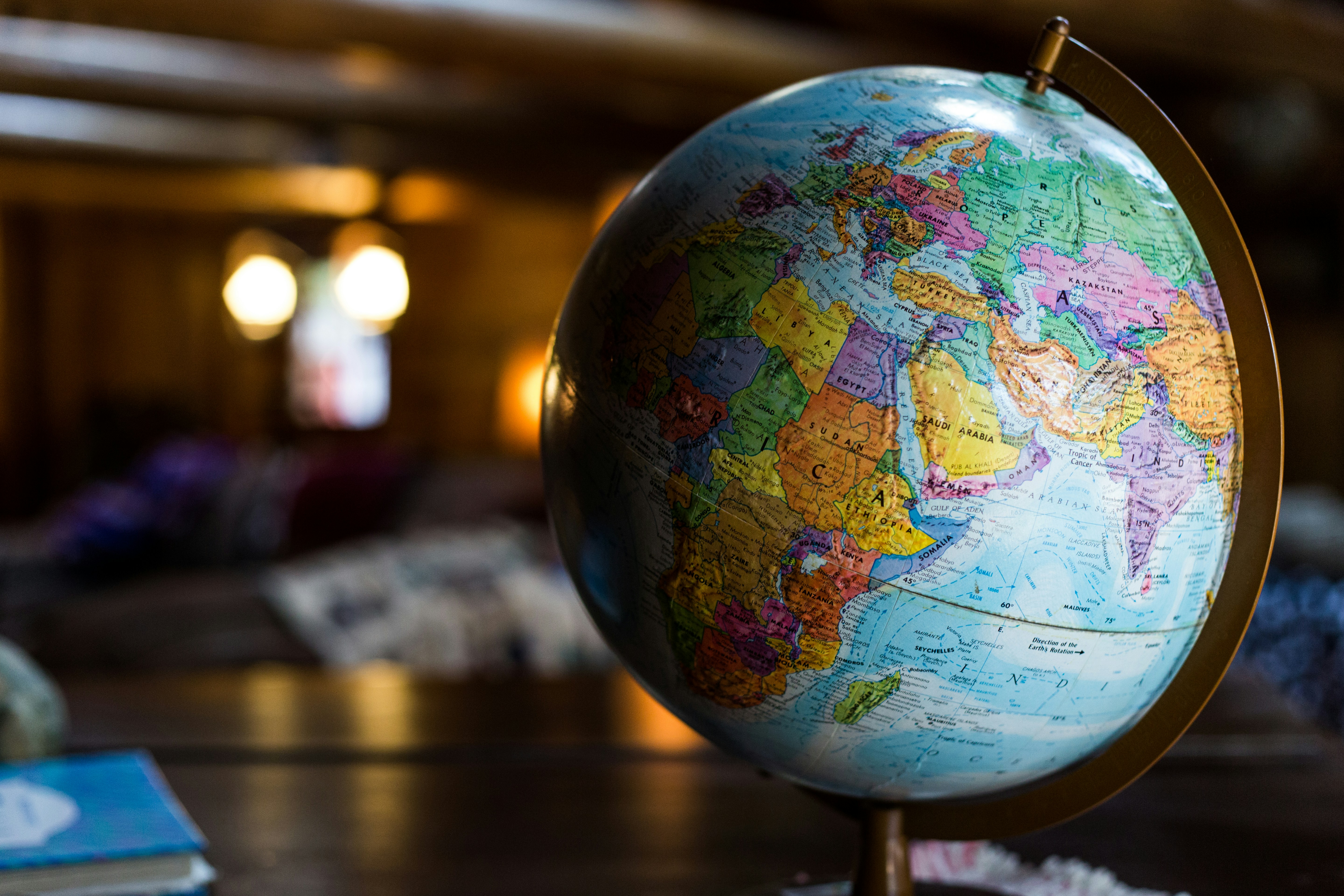



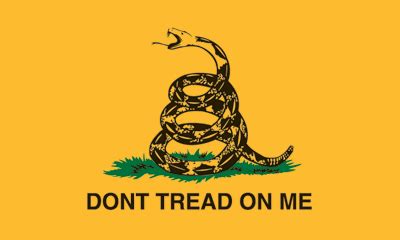








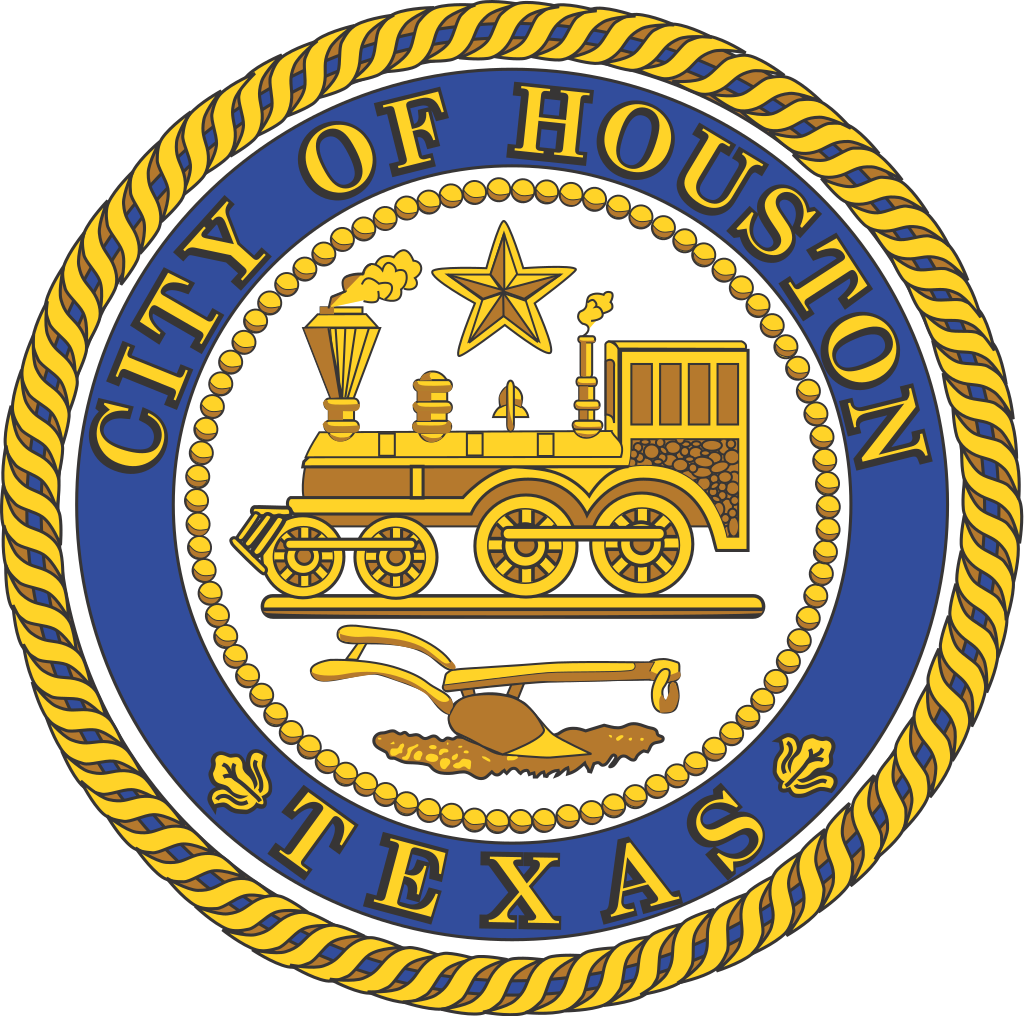


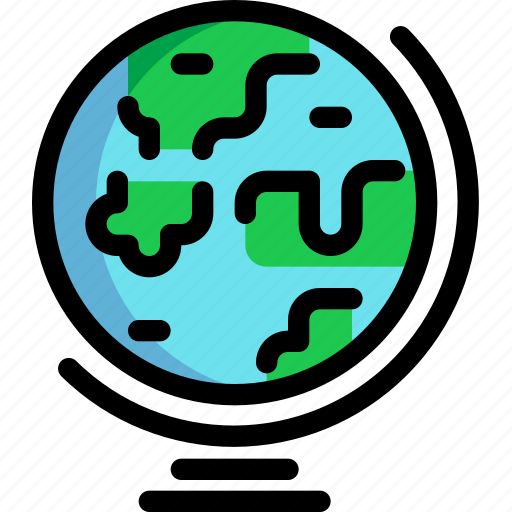








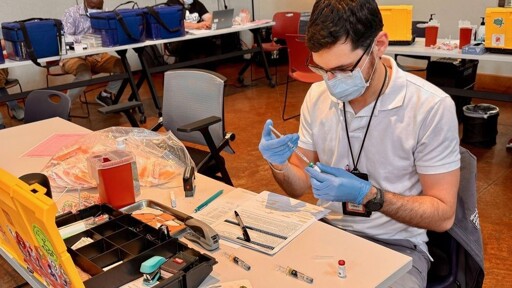


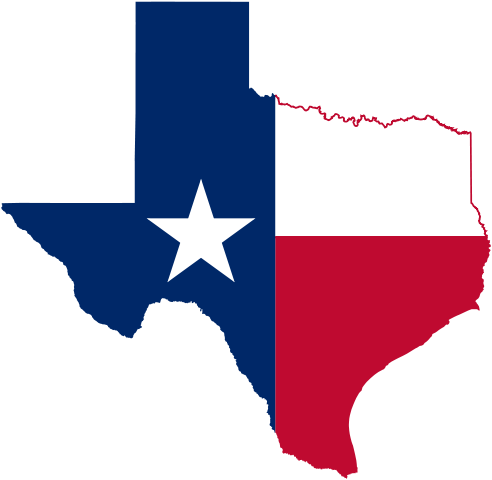

deleted by creator